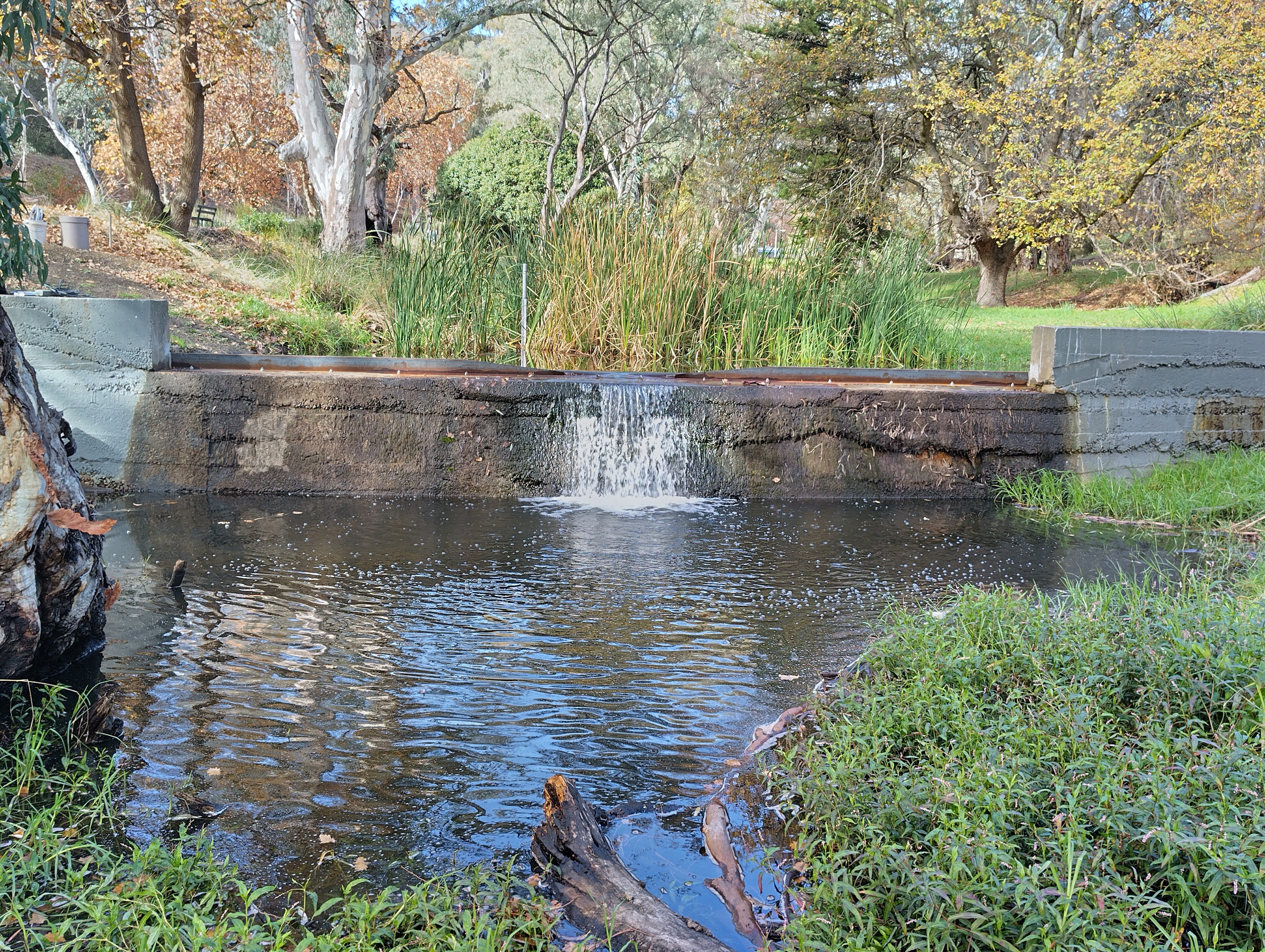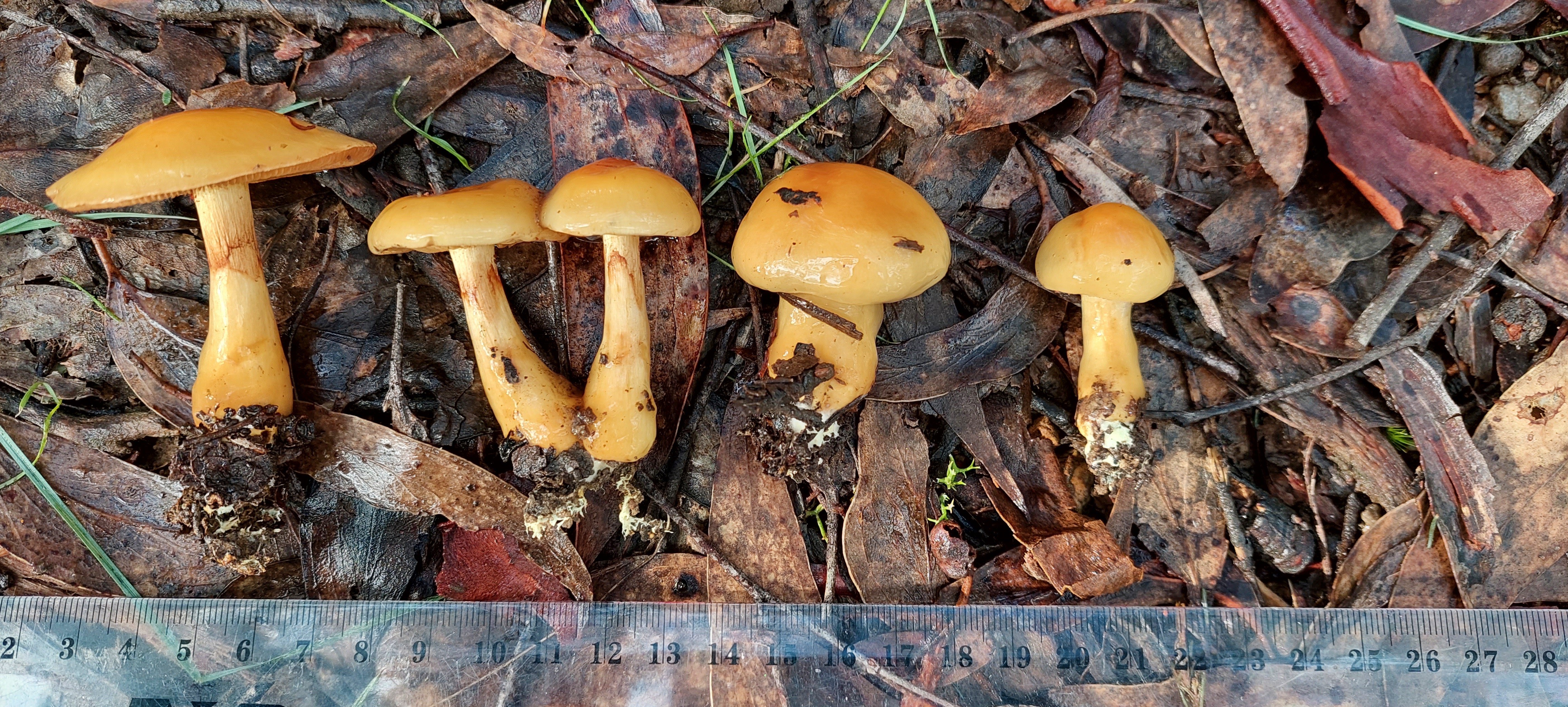
People power: Spotlight on 3 amazing citizen science projects
What is citizen science?
Citizen science is when everyday people get involved in the collection and analysis of data about the natural world, often in collaboration with professional scientists. This approach allows scientists to monitor a wider range of locations and fill in data gaps. Whether it’s supporting sustainable agriculture, contributing to research projects, or influencing natural resource management, there are countless ways to make a difference by participating in citizen science.
Citizen Science Small Grants
The Environmental Citizen Science Small Grants support projects that address research questions or gather data about living organisms and the natural environment, including plants, animals, fungi and the dynamics of ecological communities. These grants also cover some key elements of our natural environment, such as soil, water and air.
These three projects highlight just how powerful community involvement can be and the great work being undertaken by citizen scientists! To see all the other successful recipients, visit the Department for Environment and Water page.
Project 1: Yabbies as indicators of groundwater health in Brownhill Creek
Led by: Brownhill Creek Association Inc.
This innovative project, which began in 2023, is using yabbies to help monitor the health of Brownhill Creek’s groundwater-dependent ecosystem — and the local community is central to its success.
Two gauging stations have been constructed: one upstream using a newly built weir and another at the historic Willawilla Karra Kuu weir. Volunteers from Friends of Parks and Nature group, Friends of Brownhill Creek played a key role in the construction and installation of these stations, and water level loggers are now actively recording data.
Phase 2 of the project involved schools taking the lead in yabby monitoring. In November 2023, around 120 students from six schools joined an environmental education day, conducting experiments using pyramid and drop nets to compare bait types like sheep liver, dog fritz and pumpkin. The activity wasn’t just about catching yabbies — it helped inform future survey design and sparked hands-on learning about biodiversity and water quality.

Project 2: Wild Webcap: shining a light on South Australia’s fungi
Led by: Jessica Bamford
Jessica Bamford, along with a dedicated community of fungi lovers began this project in 2024 to research fungi in the Southern Mount Lofty Ranges. The purpose was to identify species, build a local phylogenetic tree, and produce a public-friendly identification guide.
Fungi might be small, but they play a big role in healthy ecosystems — and they’re often overlooked. Wild Webcap is putting the colourful, mysterious genus Cortinarius under the spotlight in the Adelaide Hills and beyond.
Since launching, the project has:
- Submitted specimens for DNA analysis
- Hosted public webinars and forays
- Shared updates through social media, workshops and new field guides
- Created draft versions of an ID handbook and field datasheets
- Planned several community engagement events in partnership with Friends of Parks and Nature Groups such as Friends of Waite Conservation Reserve and the Hills Environment Centre.

Project 3: Restoring Coffin Bay’s lost oyster reefs
Led by: Emmanuel Lukingan-Katz
Once teeming with life, Coffin Bay’s native oyster reefs have faced serious decline — but this project, which began in 2023 is bringing them back, with locals leading the way. The purpose of this project is to improve local water quality and marine biodiversity.
In 2023, more than 75 residents gathered at the Coffin Bay Yacht Club to kick off the initiative, which has since evolved into a full-scale community effort. Highlights include:
- Educational outreach to over 100 students at local high schools
- The launch of a dedicated project website and podcast
- A diving scholarship program for students, offering PADI Open Water certification
- Field experiments testing native oyster recruitment across sanctuary zones in Thorny Passage Marine Park (first retrieval completed April 2024)
- Biodiversity monitoring in collaboration with Uni of Adelaide students
- Children’s reef rambles with students aged 6 – 12 to spark curiosity early
The project continues to inspire through science communication and hands-on marine conservation.
The importance of citizen science
Citizen science brings together people of all ages and backgrounds to contribute to environmental research and action — whether it’s counting yabbies, surveying fungi, or diving for oyster shells.
It builds scientific knowledge, supports conservation, and fosters a deeper connection to the places we care about. But perhaps most importantly, it shows that anyone can make a difference.
Park of the Month
For the month of April, National Parks and Wildlife Service is celebrating citizen science activities in national parks, as part of our regular Park of the Month program. To see all the activities on offer and to make a real difference to biodiversity and conservation efforts visit parks.sa.gov.au/get-inspired/park-of-the-month!
Main image: Brownhill Creek Project weir concreting team at gauging station Marti